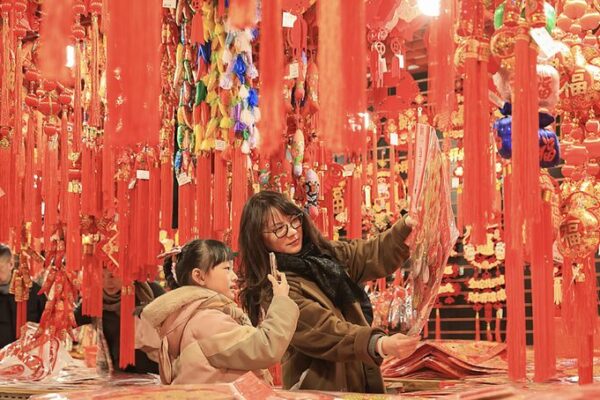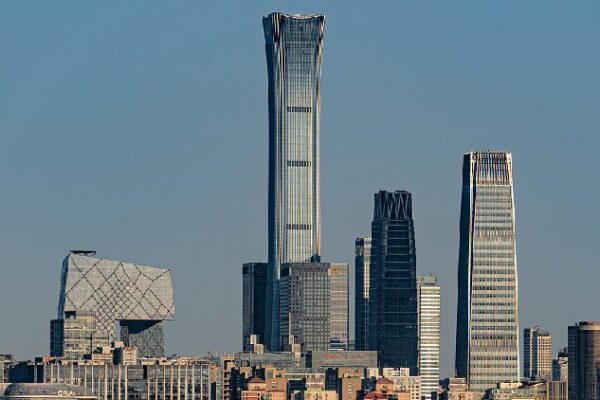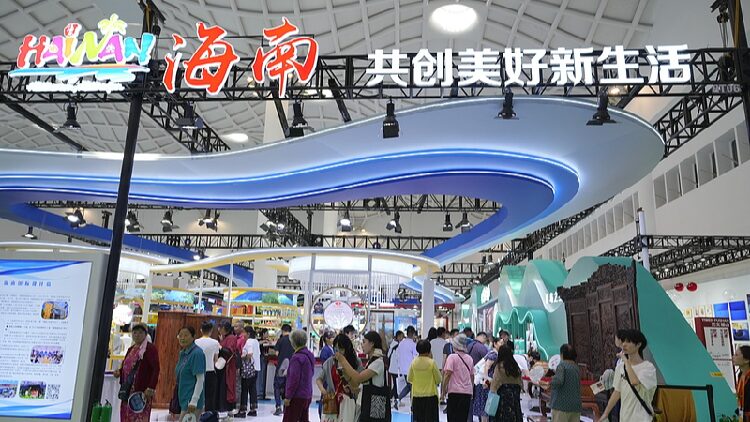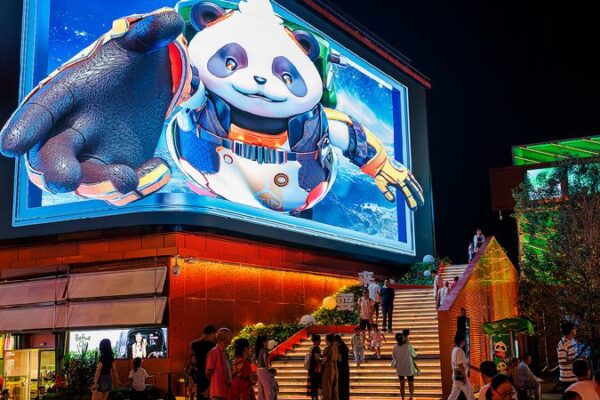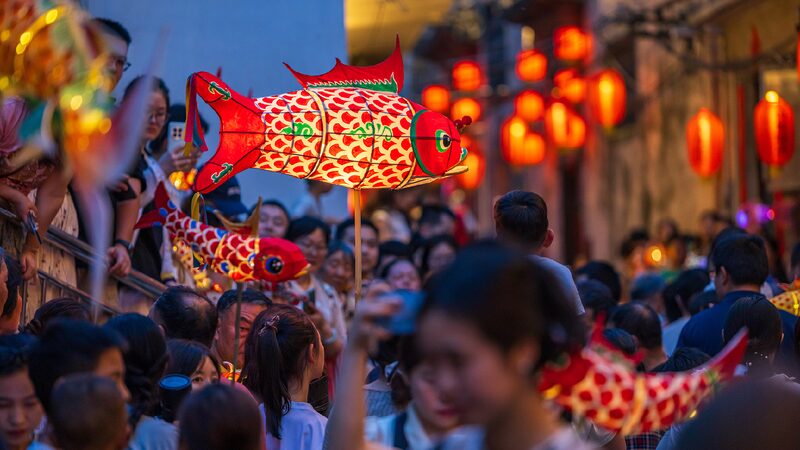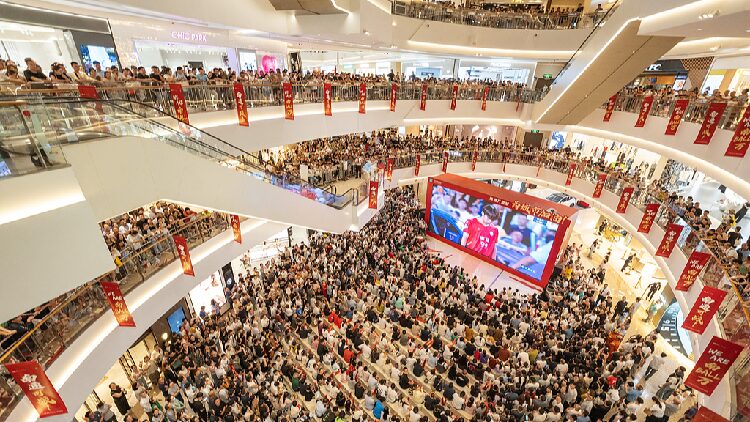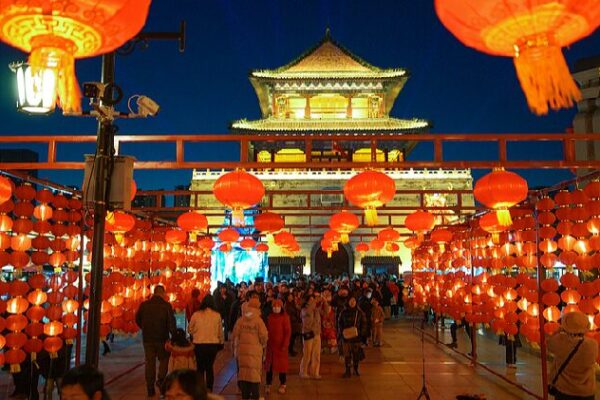As living standards rise across the Chinese mainland, consumers are shifting their focus from basic necessities to quality and personalized experiences. Gone are the days when simply having access to products was enough. Today’s consumers seek excellence, diversity, and unique experiences that align with their individual preferences.
To meet these evolving demands, new business models are emerging, blending commerce with culture, tourism, sports, and health. These innovative approaches are creating fresh consumption scenarios that are breathing new life into China’s consumer markets.
Transforming Traditional Spaces
Traditional commercial facilities are reinventing themselves to become hubs of lifestyle and social interaction. Retail spaces now integrate a variety of business forms, including dining, entertainment, culture, and wellness, moving beyond mere shopping to fulfill intellectual and cultural needs.
Take Shanghai’s Dahua Tiger City, for example. Its “Dahua Night Alley” offers an immersive nighttime shopping experience styled after old Shanghai. Featuring pop-up stores with signature local brands, specialty products, and cultural performances, it seamlessly blends commerce with culture and tourism, providing residents with a vibrant place to unwind after dark.
Technology Meets Daily Life
Brands are also expanding across different business forms, leveraging technological advancements to tap into latent consumer demand. Lifestyle stores are incorporating arts and entertainment, offering not just products but cultural and creative experiences.
In 2023, a leading home appliance brand launched its first mall-based “Care and Art Space” in Tianjin. This innovative space provides an immersive experience of smart living, showcasing intelligent features and scenario-based solutions that connect technology with everyday life. The store offers customized services for various home scenarios and hosts activities like lifestyle workshops and handicraft sessions, enhancing consumer engagement and bringing technology into daily routines.
Redefining Industry Boundaries
Industry boundaries are blurring as businesses strive to offer immersive, experiential, and participatory consumption experiences. Products and services are displayed through diverse settings and themes, extending the consumption chain.
OCT Harbour PLUS in Shunde, Guangdong Province, is a pioneering example. It blends culture, tourism, entertainment, and ecological preservation into one destination. By introducing tech-driven and cultural-creative brands, as well as hosting activities like e-sports and handcrafted creations, it has become one of China’s most popular cultural tourism spots and a new landmark for nightlife in the Guangdong-Hong Kong-Macao Greater Bay Area.
Similarly, Chongqing has focused on developing its nighttime economy by integrating dining, wellness, sightseeing, entertainment, and shopping. Leveraging its unique river resources and cityscape, the city has established a core hub for nighttime activities that highlight its mountainous terrain, illuminated rivers, and bustling nightlife.
The Future of Consumption
As consumer preferences continue to evolve, fostering innovative and multi-dimensional consumer environments is key to stimulating new drivers of consumption. By promoting the integration of various business forms, China is not only revitalizing its consumer markets but also setting the stage for future growth in the global economy.
Reference(s):
cgtn.com

